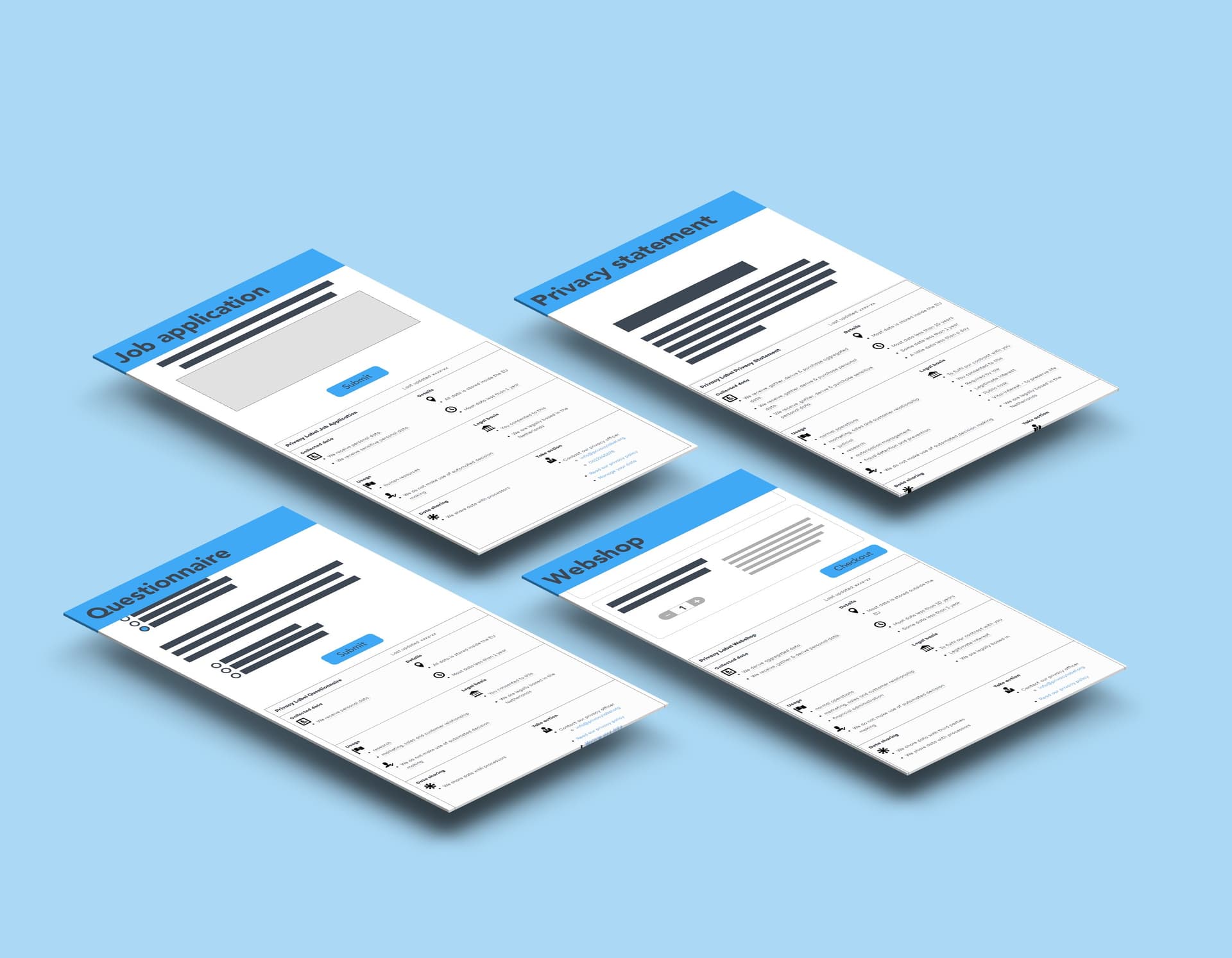@silverpill in the FEP issue tracker on codeberg, made the following comments wrt adopting of the participation guidelines:
The text is quite long and covers offline activities too, but parts that might apply to FEP repository are similar to what already exists in Codeberg Terms Of Service, § 2 Allowed Content & Usage:
You must not share any content that's expressing hate or encouraging violence towards a person or group for any reason. We also explicitly do not tolerate:
Discriminatory behaviour towards and promoting oppression, especially of marginalized groups on grounds of ethnicity, gender, disability, nationality, education, age, and religion.
Violent nationalist propaganda, Nazi symbolism or promoting the ideology of National Socialism.
Mobbing, stalking, doxxing (exposing someone's personal information), brigading (inciting a group to spam a specific place for any reason), threatening and harassment, as well as encouraging others to do those things.
Insults, discriminatory jokes, sexualized comments and other unwanted sexual attention.
Sexually obscene content, including content involving the exploitation or sexualization of minors.
Content that's glorifying violence; that includes any violent material without a proper content warning.
Content that harms the reputation of Codeberg.
All discussions that happen here are subject to those rules. They are more concise than Social Coding Guidelines, and easier to understand, so I think we don’t need to adopt Social Coding Guidelines, unless there is an evidence of a disruptive behavior that is not covered by Codeberg ToS but covered by Social Coding Guidelines.
See for more information:
